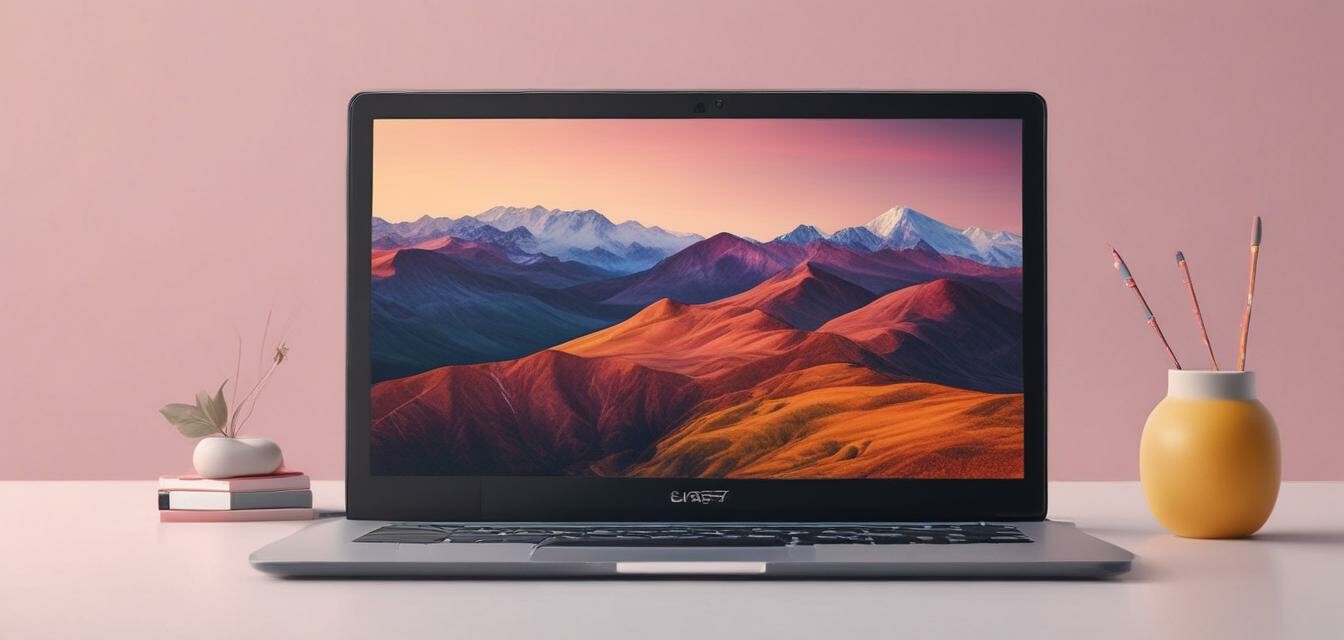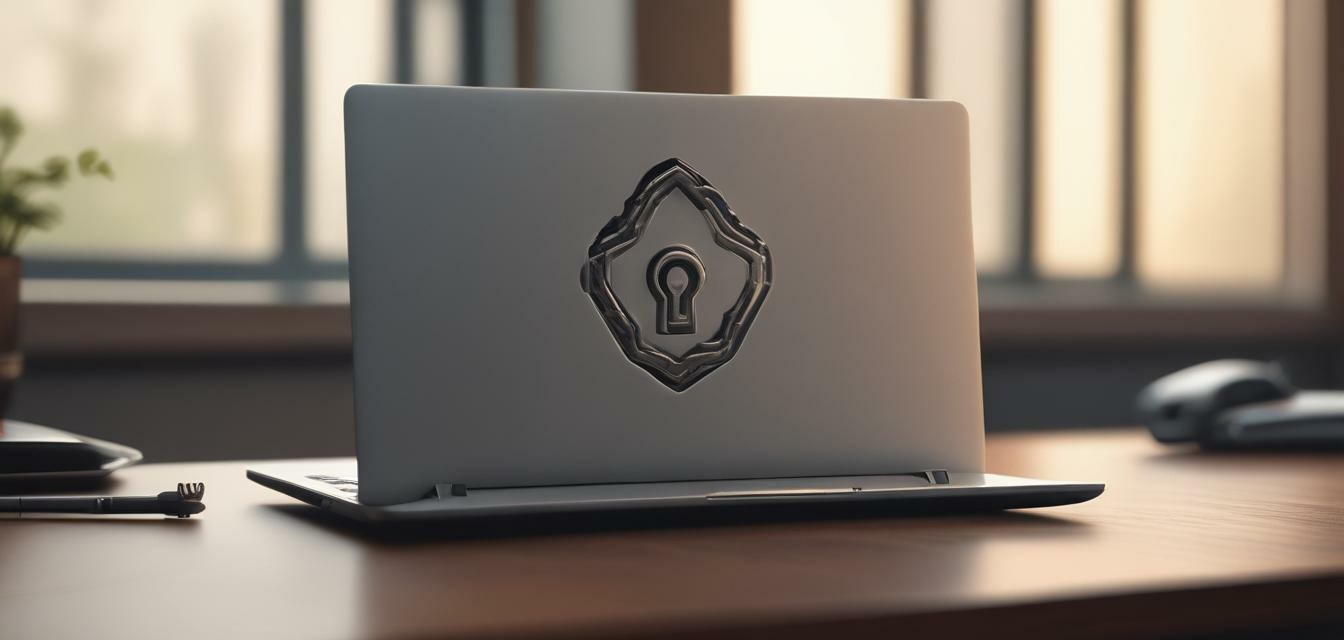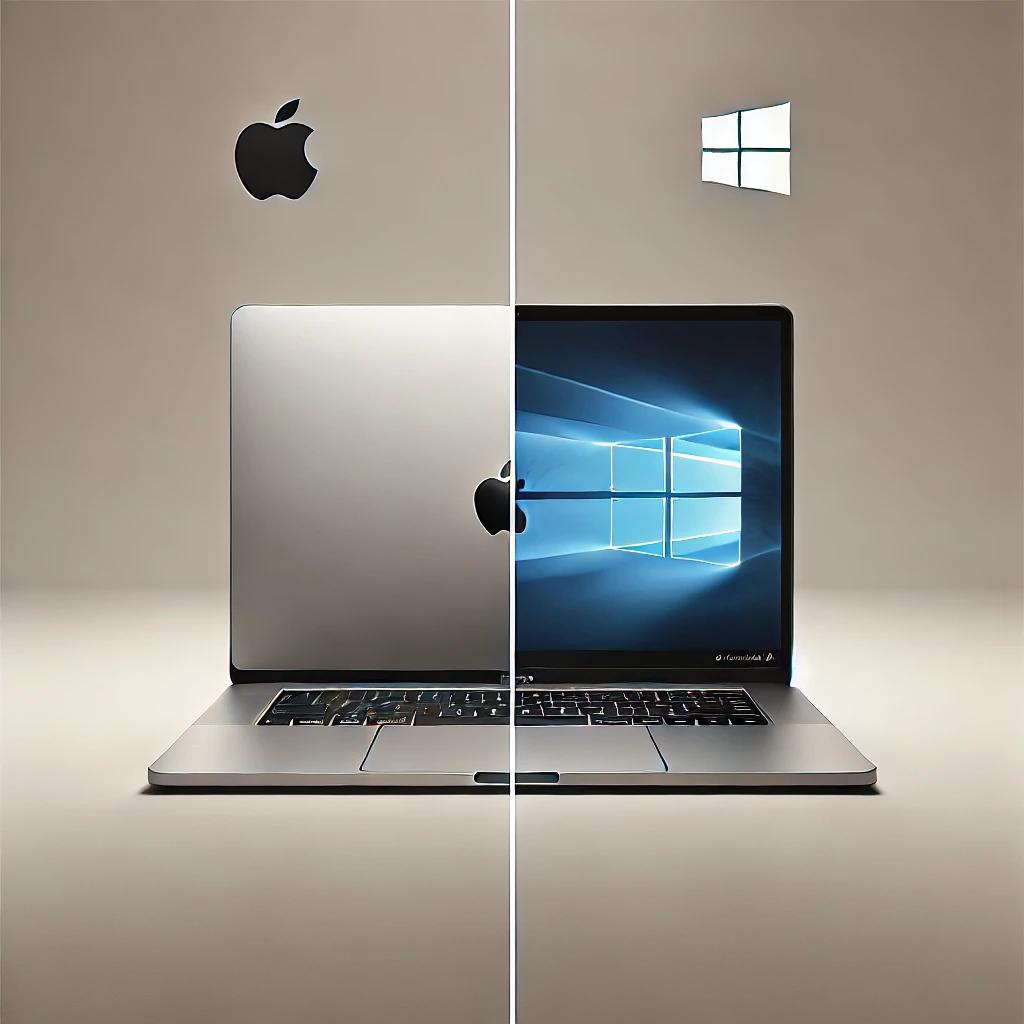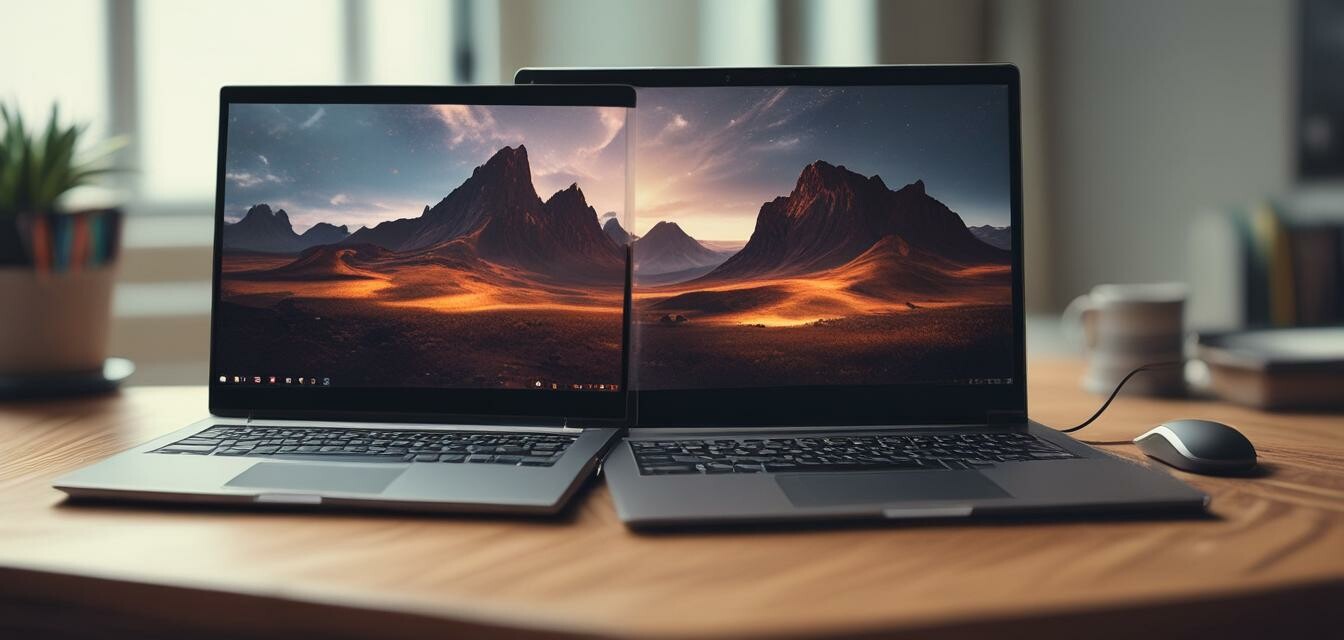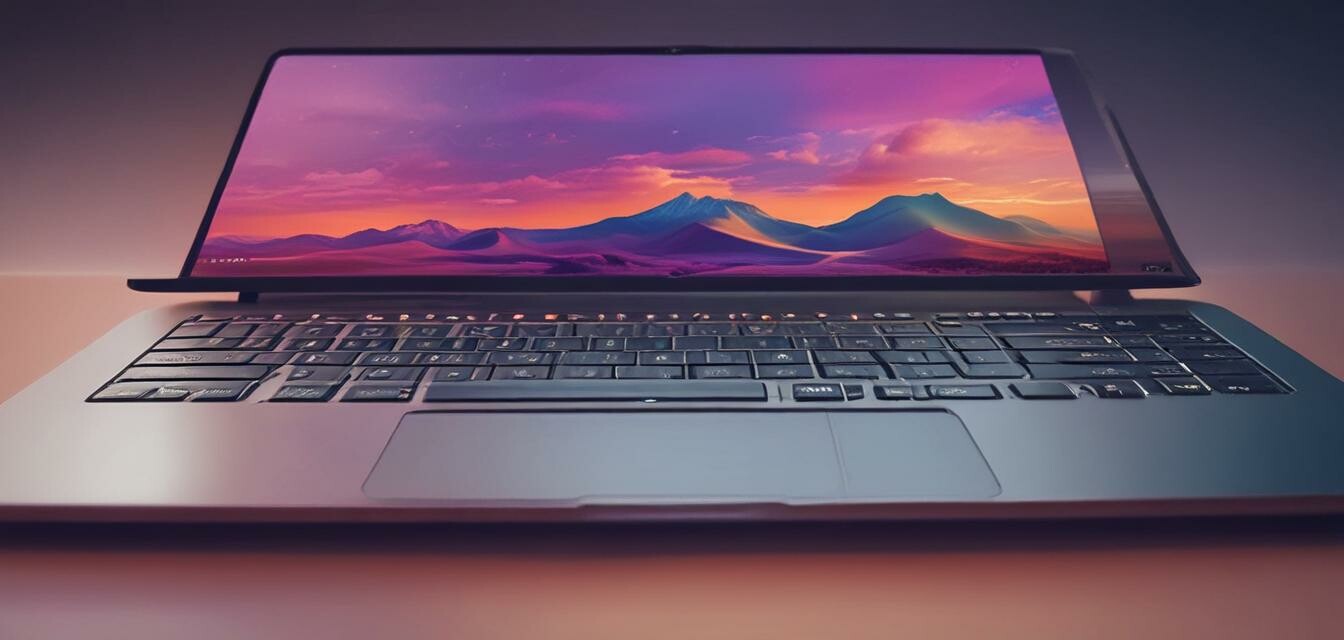
Comparing Laptop Brands
Key Takeaways
- Different laptop brands offer unique features catering to various needs.
- Performance varies significantly across brands, impacting productivity.
- Design aesthetics and build quality are key factors in brand preference.
- Pricing strategies vary, allowing options for every budget.
When it comes to choosing a laptop, the brand can significantly influence your experience. With many options available on the market, understanding the differences between various brands is essential to making an informed purchase. In this article, we will delve into a comprehensive comparison of popular laptop brands, focusing on performance, design, and price points.
Popular Laptop Brands
Here are some of the most recognized laptop brands:
- Dell
- HP
- Apple
- Lenovo
- Acer
- Asus
Performance Comparison
Performance is often the most critical aspect when selecting a laptop. Below is a table comparing the performance metrics of various brands.
| Brand | Processor Options | RAM | Storage | Typical Battery Life |
|---|---|---|---|---|
| Dell | Intel, AMD | 4GB - 64GB | 128GB - 2TB SSD | 6 - 15 hours |
| HP | Intel, AMD | 4GB - 32GB | 128GB - 1TB SSD | 5 - 12 hours |
| Apple | M1, M2 | 8GB - 64GB | 256GB - 8TB SSD | 10 - 20 hours |
| Lenovo | Intel, AMD | 4GB - 32GB | 128GB - 1TB SSD | 5 - 14 hours |
| Acer | Intel, AMD | 4GB - 32GB | 128GB - 2TB SSD | 6 - 12 hours |
| Asus | Intel, AMD | 4GB - 32GB | 128GB - 1TB SSD | 5 - 15 hours |
Design and Build Quality
Design is not just about looks; it also influences the durability and usability of the laptop. The following image illustrates various laptop designs from different brands.

Here's a breakdown of the design elements across popular brands:
| Brand | Material | Weight | Thickness |
|---|---|---|---|
| Dell | Aluminum, Plastic | 4 - 6 lbs | 0.7 - 1.0 inches |
| HP | Aluminum, Plastic | 3.5 - 5.5 lbs | 0.6 - 1.1 inches |
| Apple | Aluminum | 2.8 - 4.0 lbs | 0.16 - 0.61 inches |
| Lenovo | Carbon Fiber, Plastic | 3.0 - 5.0 lbs | 0.7 - 1.0 inches |
| Acer | Plastic | 4.0 - 5.0 lbs | 0.7 - 1.0 inches |
| Asus | Aluminum, Plastic | 3.0 - 5.0 lbs | 0.7 - 1.0 inches |
Price Points
Budget is a crucial factor when purchasing a laptop. Below is a table showcasing the typical price ranges for different brands.
| Brand | Price Range |
|---|---|
| Dell | $300 - $2,000 |
| HP | $300 - $1,800 |
| Apple | $999 - $3,500 |
| Lenovo | $250 - $2,000 |
| Acer | $250 - $1,500 |
| Asus | $300 - $2,000 |
Pros and Cons of Popular Brands
Pros
- Wide range of options to cater to various needs.
- Competitive pricing across brands.
- Strong support and warranty options available.
- Innovative designs and technology features.
Cons
- Brand loyalty can limit choices for consumers.
- Some brands may prioritize aesthetics over performance.
- Prices can vary greatly for similar specifications.
- After-sales support can differ by region and brand.
Conclusion
Choosing the right laptop brand can be overwhelming, but understanding the performance, design, and pricing of each brand can help simplify the process. Whether you're looking for a laptop for personal use, business, or gaming, each brand has its strengths to consider. Make sure to evaluate your needs and compare them against the offerings of each brand.
Related Articles
- 2-in-1 Laptops: A versatile choice for all
- Best budget laptops for everyday use
- Business laptops: Top picks for professionals
- Gaming laptops: Performance meets entertainment
- Essential laptop accessories for productivity
Tips for Beginners
- Identify your primary use case: gaming, office work, or casual browsing.
- Set a budget before starting your search.
- Research and compare specifications between brands.
- Look for reviews and user feedback to gauge performance and reliability.

